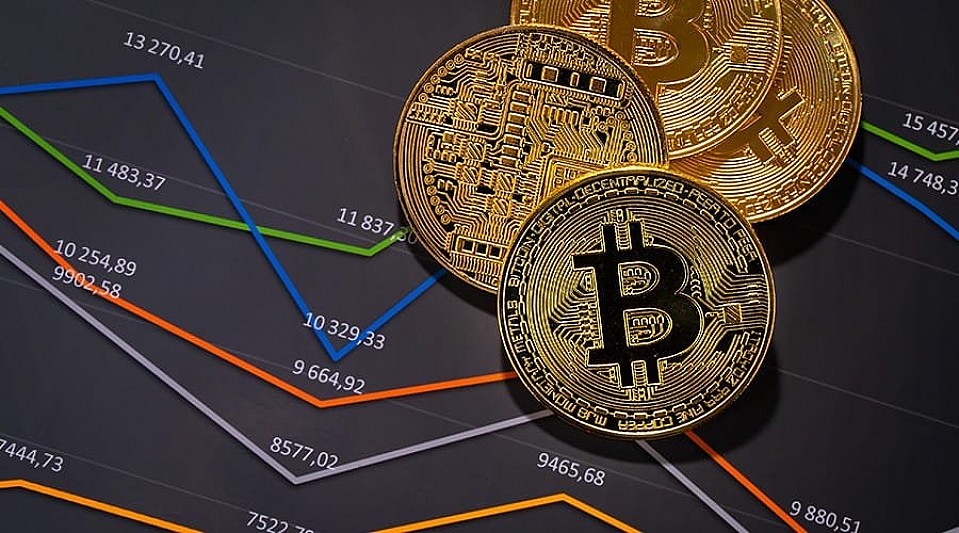Are Crypto Investors Starting to Lose Interest?
10.09.2024 19:00 2 min. read Alexander Stefanov
The crypto industry is facing what is being described as a “quiet quitting crisis,” according to Travis Kling, founder and CIO of Ikigai Asset Management.
The term “quiet quitting” describes employees doing only the minimum required and disengaging from extra efforts, a trend Kling believes mirrors the current state of the crypto world.
Kling suggests that many in the crypto community are less engaged than before due to dwindling faith in the sector’s ability to solve real-world problems or achieve significant adoption. He points out that previous hype about crypto’s transformative potential, which drove billions in venture capital funding, has not materialized as expected.
He criticizes many crypto projects as “overvalued and pointless,” noting a lack of exciting developments similar to past trends like DeFi or NFTs. While he acknowledges that decentralized physical infrastructure networks (DePIN) are showing promise, he feels that the rest of the crypto space is struggling.
Kling also challenges the notion that the crypto market is still in its early stages. He argues that with Bitcoin’s market value and significant institutional investment, the sector has matured beyond early-stage comparisons to the internet of the late 90s.
Despite his skepticism, Kling sees potential for growth if former President Donald Trump were to win the upcoming US presidential election. He believes that a Trump administration could introduce regulatory changes that might benefit altcoins, shifting the focus from less valuable governance tokens to more promising yield-bearing tokens.
-
1
Polygon Breaks from Decentralization as Sandeep Nailwal Assumes Full Control
11.06.2025 20:00 2 min. read -
2
Nvidia CEO Urges UK to Invest in AI Infrastructure or Risk Falling Behind
10.06.2025 9:00 1 min. read -
3
KuCoin Plants Its Flag in Bangkok With a Licensed Thai Exchange
14.06.2025 13:00 1 min. read -
4
Why Gold Could Be the Smart Play Amidst US Debt Surge
11.06.2025 11:00 1 min. read -
5
Warren Buffett Narrows His Bets as He Prepares to Step Down
14.06.2025 16:00 2 min. read
What Brian Armstrong’s New Stats Reveal About Institutional Crypto Growth
Coinbase CEO Brian Armstrong has spotlighted a significant acceleration in institutional crypto adoption, driven largely by the surging popularity of exchange-traded funds and increased use of Coinbase Prime among major corporations.
Whales Buy the Dip as Retail Panics: This Week in Crypto
The latest market turbulence, fueled by geopolitical tensions and investor fear, offered a textbook case of how sentiment swings and whale behavior shape crypto price action.
What Will Happen With the Stock Market if Trump Reshapes the Fed?
Jefferies chief market strategist David Zervos believes an upcoming power shift at the Federal Reserve could benefit U.S. equity markets.
U.S. Bank Advises Clients to Drop These Cryptocurrencies
Anchorage Digital, a federally chartered crypto custody bank, is urging its institutional clients to move away from major stablecoins like USDC, Agora USD (AUSD), and Usual USD (USD0), recommending instead a shift to the Global Dollar (USDG) — a stablecoin issued by Paxos and backed by a consortium that includes Anchorage itself.
-
1
Polygon Breaks from Decentralization as Sandeep Nailwal Assumes Full Control
11.06.2025 20:00 2 min. read -
2
Nvidia CEO Urges UK to Invest in AI Infrastructure or Risk Falling Behind
10.06.2025 9:00 1 min. read -
3
KuCoin Plants Its Flag in Bangkok With a Licensed Thai Exchange
14.06.2025 13:00 1 min. read -
4
Why Gold Could Be the Smart Play Amidst US Debt Surge
11.06.2025 11:00 1 min. read -
5
Warren Buffett Narrows His Bets as He Prepares to Step Down
14.06.2025 16:00 2 min. read


